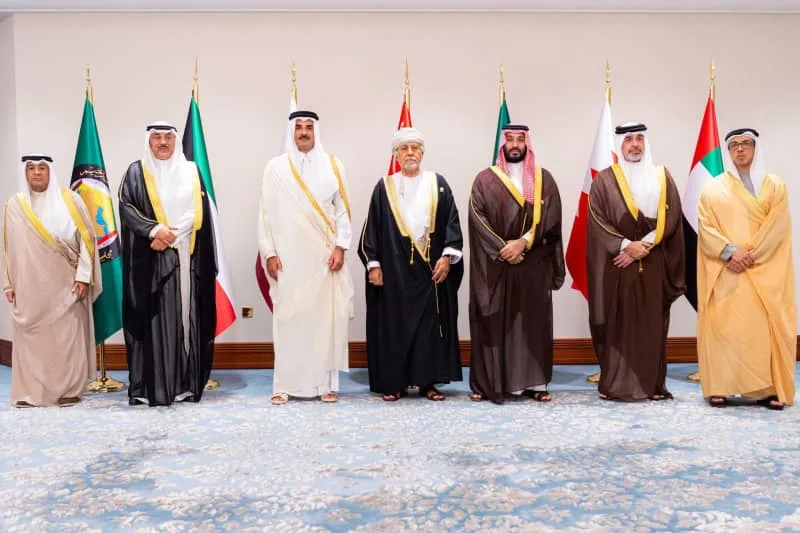Muslim leaders have renewed calls for a unified and decisive response to what they described as Israel’s “treacherous” military aggression and ongoing expansionist policies, as the Arab-Islamic summit convened in Doha, the capital of Qatar. The emergency gathering comes in the aftermath of a recent Israeli airstrike on the city, which has further inflamed tensions across the Muslim world.
The summit, attended by heads of state, foreign ministers, and key representatives from across the Arab and Islamic world, served as a platform for expressing collective outrage over Israel’s sustained military actions in Gaza and other occupied Palestinian territories. Delegates condemned what they described as Israel’s disregard for international law and its escalating campaign of violence, which continues to result in heavy civilian casualties and the destruction of vital infrastructure.
In a strongly worded declaration, leaders called on the international community — particularly the United Nations and influential global powers — to hold Israel accountable for what they termed war crimes and violations of human rights.
However, they also emphasized that the Muslim world must move beyond symbolic condemnations and chart a course toward unified diplomatic, political, and economic actions.
The tone of the summit reflected growing frustration among many Islamic nations over the lack of coordinated action in previous years, despite repeated escalations. Several speakers stressed that Israel’s expansionist ambitions, including the illegal settlement of Palestinian lands and the repeated targeting of civilian areas, threaten not only Palestinian sovereignty but also the long-term stability of the region.
Leaders urged member states of the Organisation of Islamic Cooperation (OIC) and the Arab League to adopt firm measures, including the reevaluation of diplomatic ties with Israel, support for humanitarian aid into Gaza, and pressure on international institutions to enforce binding resolutions.
Qatar’s hosting of the summit, in the wake of the Israeli airstrike, was seen as both symbolic and urgent — reflecting the broader sentiment that the time for passive diplomacy is over. While the summit’s final communique echoed past declarations of solidarity with the Palestinian cause, observers say the political climate may now be ripe for a shift from rhetoric to action.
As humanitarian conditions in Gaza continue to deteriorate, leaders at the summit warned that inaction would only embolden further aggression and deepen the crisis. The summit concluded with a renewed commitment to Palestinian statehood and a call for sustained pressure on Israel until a just and lasting peace is achieved.

